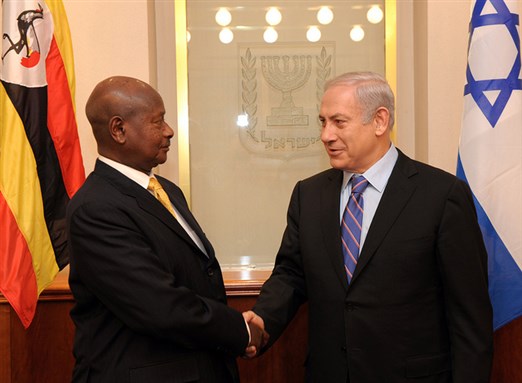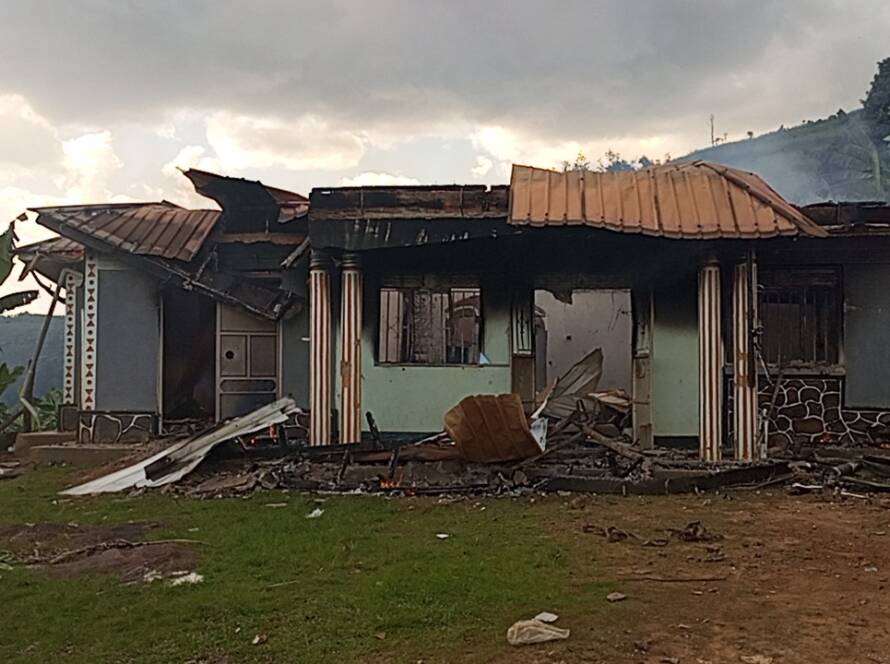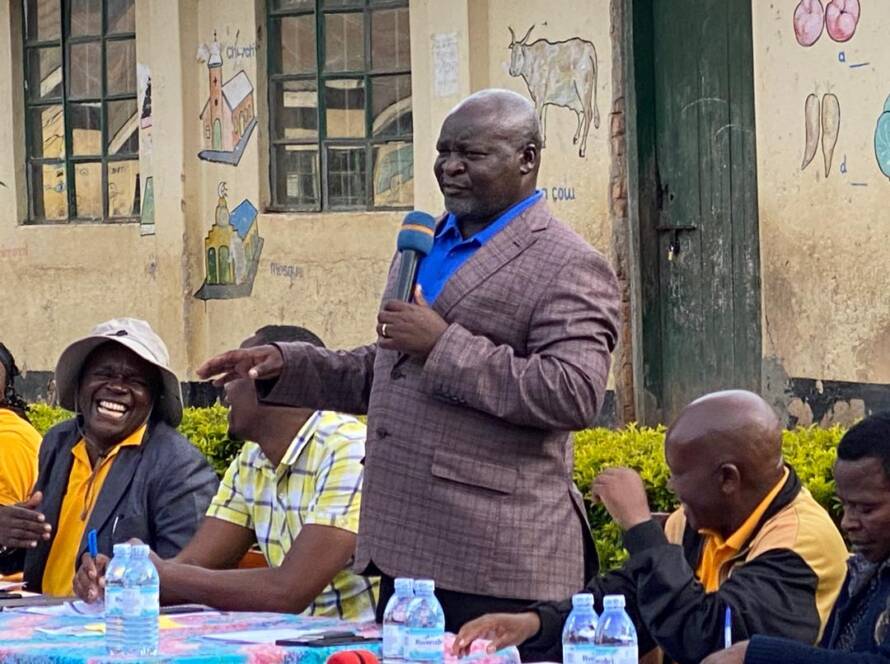
President Yoweri Kaguta Museveni has finally spoken out on the escalating Israel-Iran conflict, urging all involved parties to abandon what he called “mistaken historical narratives” and return to a path of diplomacy rooted in mutual respect and legitimate interests.
In a strongly worded statement dated June 24, President Museveni—who currently serves as Chairperson of the Non-Aligned Movement (NAM) until 2027—criticized both Israel and Iran, as well as their historical allies, for fueling decades of tension in the Middle East.
The Ugandan leader categorized the sources of the conflict into four main “mistake-makers”: Iranian Islamists, Israeli hardliners, Western imperialists, and advocates of foreign military interventions.
“According to the Bible, Israel is part of that area… The United Nations was right to partition Palestine between two peoples. It was wrong for some Arabs and Iranian Islamists to reject that historical solution,” Museveni wrote, pushing back against Iran’s rejection of Israel’s legitimacy.
He also faulted Israel for resisting the two-state solution and undermining Palestinian rights, comparing it to historical injustices such as Idi Amin’s expulsion of Ugandan Asians in 1972.
“What would you say about Europeans who migrated to the Americas or Australia just 400 years ago?” he asked rhetorically. “You cannot say Palestinians do not belong there.”
Museveni further condemned the role of Western powers, especially the CIA, in toppling Iran’s democratically elected Prime Minister Mohammad Mosaddegh in 1953, saying this intervention sowed seeds of resentment that led to Iran’s clerical rule.
“They created the resentment that gave rise to clerical rule in Iran,” Museveni noted. “Imagine me—Yoweri Museveni of the Great Lakes—reminding them about the Persians and Medians from the Bible.”
On the use of force, Museveni warned against military interventions, stating that external aggression has historically backfired, often bringing down even powerful empires.
“The use of external force is not a solution; it only invites reactions. Ask the Austro-Hungarian Empire. Where are they now?” he said.
The 80-year-old president said Uganda had delayed making its position public due to its good relations with both Iran and Israel, as well as the sensitivity of the conflict. His remarks were partly in response to a complaint by the Iranian Ambassador to Uganda about Kampala’s silence.
Museveni concluded by calling on all parties to embrace “principled diplomacy” and reject chauvinism in all forms—be it religious, racial, or tribal.
“We are all praying people. Perhaps it’s time to humble ourselves and ask God for wisdom,” he said, ending on a spiritual note.



